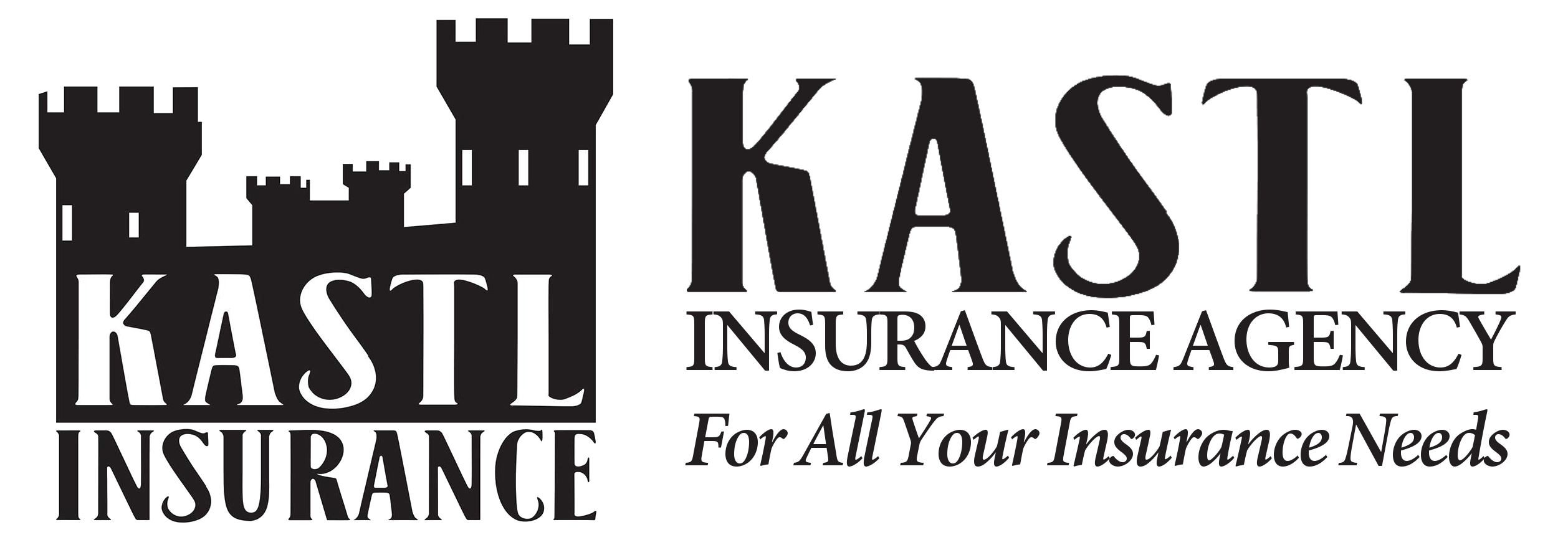
Auto insurance protects you against financial loss if you have an accident. It is a contract between you and the insurance company.
You agree to pay the premium and the insurance company agrees to pay your losses as defined in your policy.
There are several major types of auto insurance coverage available in a standard policy. Some of these coverages are optional, although liability insurance is not.
Coverage options can include:
Liability Coverage
This covers medical claims for people injured in a car accident (including passengers), property damage you cause, and legal costs if you are involved in a lawsuit.
Comprehensive Coverage
This covers your vehicle in the event that it is stolen or damaged by anything other than a car accident. It can cover theft, natural disasters, vandalism, fire or flood damage among other scenarios.
Collision Coverage
This covers your car if you get into an accident. If you carry collision coverage, your insurer will pay to repair or replace your car in an accident. If you don’t, your insurer will pay for damage you cause to others but you will be responsible for the damage to your own car.
Uninsured / Underinsured Motorist Coverage
This pays for all your damages if you are in a car accident with someone who either has no insurance or who is underinsured. You, your passengers and your vehicle are all protected.
Personal Injury Protection Coverage
This policy option covers medical expenses that you or your passengers incur if you are involved in an accident.
Other Provisions
Rental car insurance, which will pay for a rental car if your car is being repaired or replaced after an accident or other loss; GAP insurance, which will pay the difference between what you owe on your car loan and what your insurance deems as the replacement value of your car; and roadside assistance or towing coverage.

